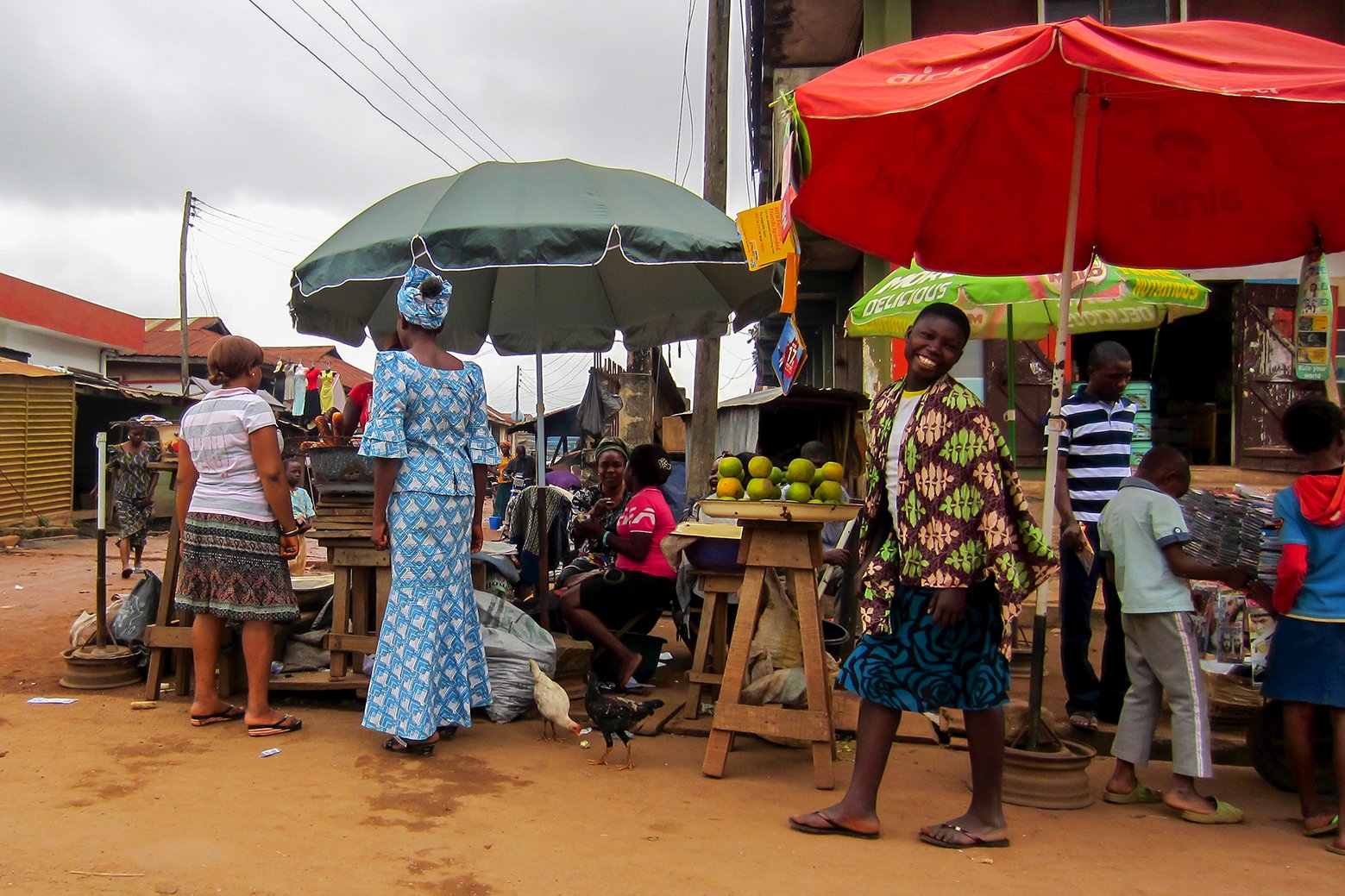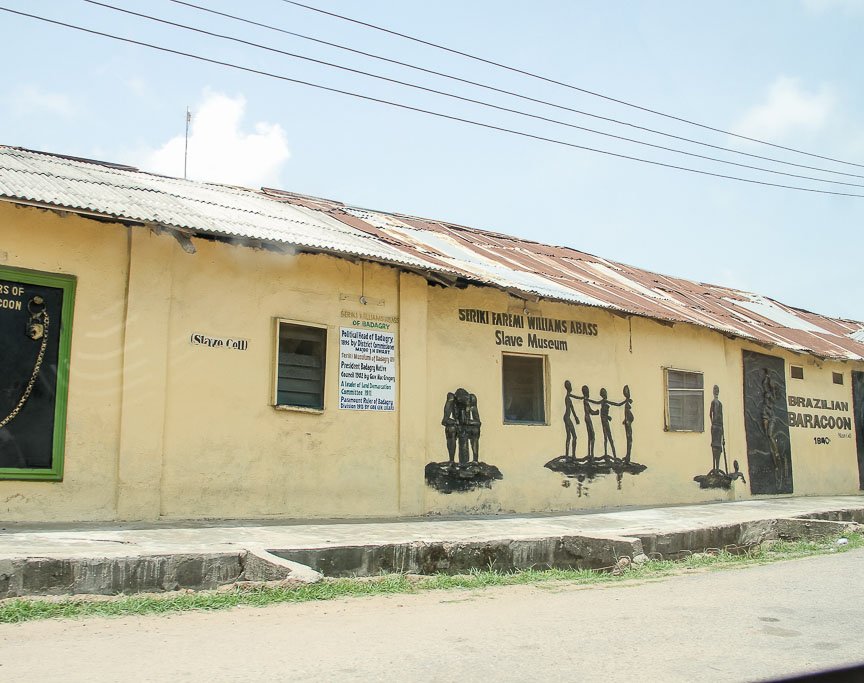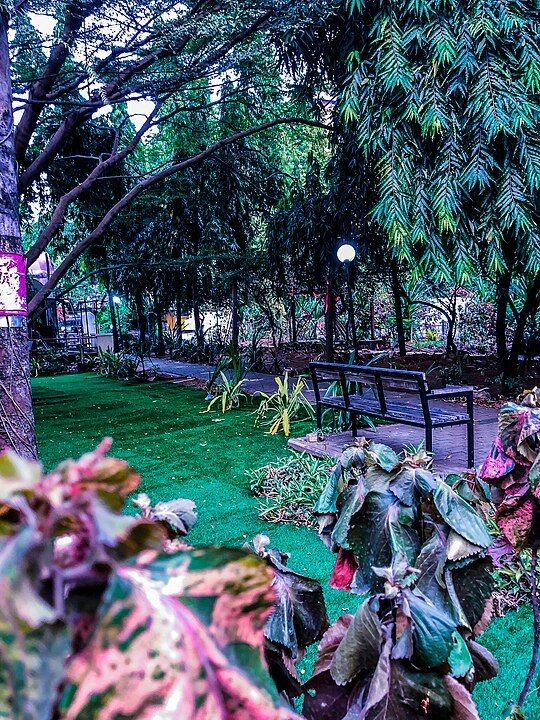Las-Gidi
Lagos, the largest city in Nigeria, serves as a bustling metropolis and a prominent cultural hub that is crucial to the nation’s identity. With an ever-growing population that exceeds 14 million residents, Lagos is not only the most populous city in Nigeria but also one of the fastest-growing urban areas in the world. This dynamic environment bears witness to the interplay of history, culture, and economic vitality, making it a significant destination within Africa.
The city’s economic significance is unparalleled, as Lagos contributes around 30% of Nigeria's Gross Domestic Product (GDP). It is home to several major industries, including finance, information technology, and entertainment, establishing itself as a key driver of economic growth in the region. Additionally, the bustling ports of Lagos handle a substantial portion of Nigeria's international trade, further enhancing its role as a vital economic center.
Lagos has a rich historical background that shapes its contemporary landscape. Originally a sleepy fishing village, the city evolved into a Portuguese trading port in the late 15th century before becoming a British colony in the 19th century. This colonial past, coupled with indigenous cultures from various ethnic groups, has created a tapestry of traditions that enrich the local culture. Notably, the Yoruba culture plays a significant role in the city’s identity, influencing everything from festivals and art to language and cuisine.
The diversity of Lagos is evident in its inhabitants, who hail from various parts of Nigeria and beyond. This melting pot of cultures contributes significantly to the city’s vibrant atmosphere. The local populace celebrates a myriad of festivals, art forms, and culinary experiences, reflecting the city’s rich cultural heritage. With its unique blend of tradition and modernity, Lagos stands as a testament to Nigeria's resilience and creativity amidst the challenges of urbanization.
Places
South West Nigeria Highlights

Markets of Lagos
Lagos, the bustling economic hub of Nigeria, is renowned for its vibrant markets that serve as pivotal components of the city's social and economic framework. These markets are not merely venues for trade; they embody the spirit of the local culture, reflecting the diversity and dynamism of the city's inhabitants. From bustling open-air stalls to organized marketplaces, Lagos markets offer a myriad of goods ranging from fresh produce and handcrafted items to textiles and electronics, catering to a broad spectrum of shoppers.
The unique atmosphere found in these markets is both captivating and contagious, where the sounds of bargaining and the vibrant colors of merchandise create an energetic backdrop. Markets such as Balogun, Oshodi, and Lekki are more than shopping destinations; they are social hubs where communities come together to interact, share stories, and celebrate their cultural heritage. It is not uncommon to find traditional music playing along the aisles, adding to the lively ambiance that defines these locales. In Lagos, markets are also central to the economy, providing essential employment opportunities for countless individuals. They play a crucial role in the livelihoods of vendors who rely on their businesses to support their families and contribute to the overall economy of the city. For a tour of the city's markets, click here.

Badagry
An hour and a half drive from downtown Lagos is Badagry. The town borders the Atlantic Ocean and enjoys a strategic geographical location that has contributed to its rich history. This vibrant town was a significant trading post during the transatlantic slave trade era, making it an important location for understanding Nigeria's historical narrative. Visitors often find themselves fascinated by the stories that echo through the town's landmarks, such as the Slave Route and the Badagry Heritage Museum.
Apart from its historical relevance, Badagry is also known for its diverse cultural influences stemming from its various ethnic groups, mainly the Egbados and the Aworis, among others. This cultural richness is vividly expressed in local festivals, traditional architecture, and unique culinary experiences. The town's language, customs, and traditional practices provide visitors with a glimpse into the region's heritage, enhancing their overall experience.
In recent years, tourism has become increasingly vital to Badagry's economy, as visitors flock to explore its historical sites and learn about its multifaceted past. Local authorities and tourism stakeholders have made concerted efforts to promote the area as a tourist destination, highlighting attractions such as the First Storey Building in Nigeria and the Vlekete Slave Museum. For information on a Badagry tour, click here.

Freedom Park
Freedom Park is a captivating historical site located in the heart of Lagos, Nigeria, originally serving as a colonial prison. The park was established to honor the liberation struggle of Nigerians and has since been transformed into a vibrant recreational area that celebrates the rich arts and culture of the nation. This remarkable transition reflects the effort to preserve history while creating an engaging space for both locals and visitors.
The park encompasses a beautiful blend of green spaces and artistic installations, providing an inviting atmosphere for relaxation and reflection. Visitors can enjoy scenic views, well-maintained pathways, and recreational facilities that cater to various interests. One notable feature of Freedom Park is its amphitheater, which regularly hosts cultural events, concerts, and festivals, showcasing the dynamic talent of local artists. These events not only offer entertainment but also promote community engagement and social cohesion within the diverse populace of Lagos.
